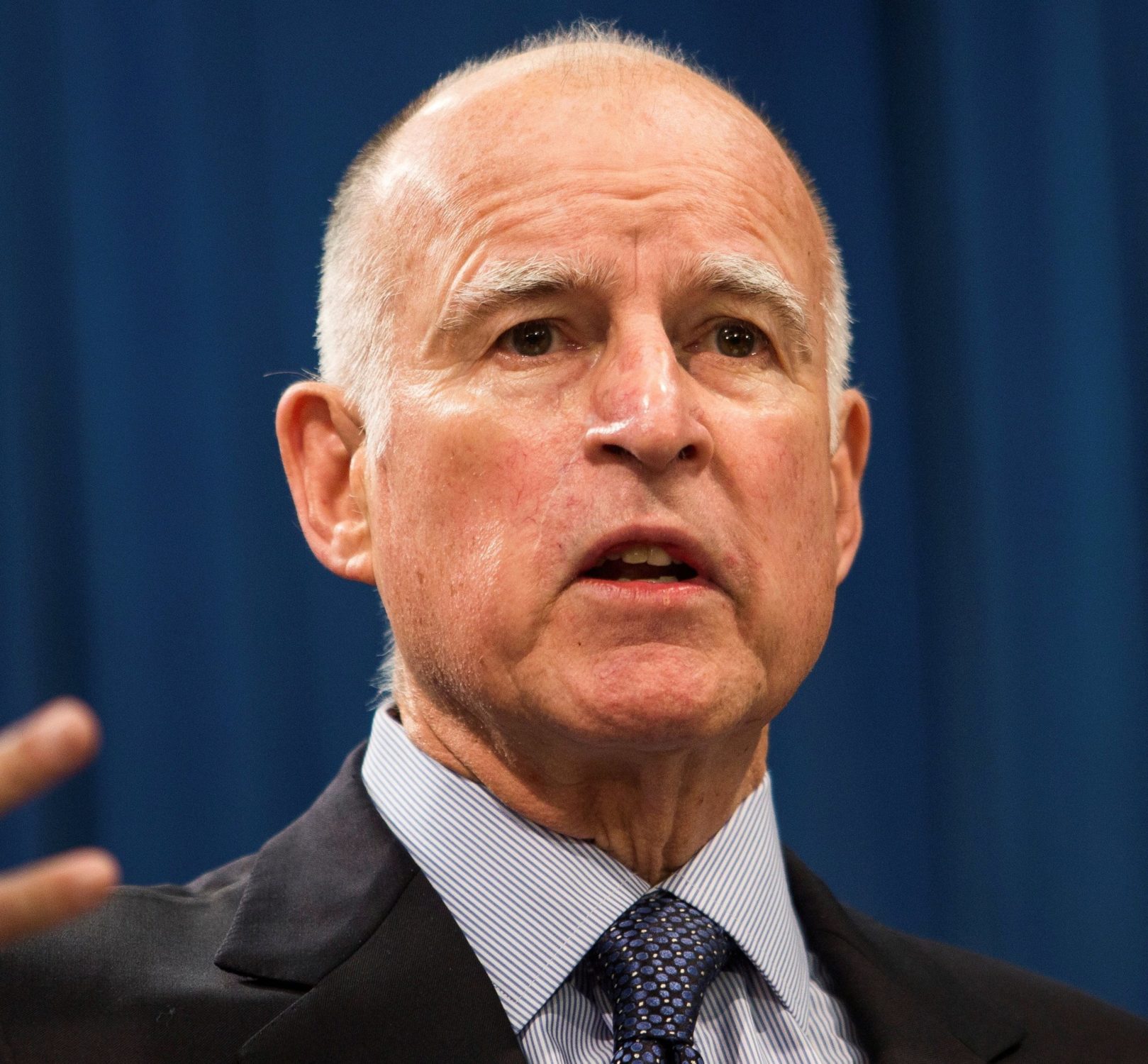September 22, 2018

Governor Jerry Brown has until September 30th, 2018 to sign or veto Assembly Bill 3115 which would formalize community and triage paramedics in California.
California Governor Brown is currently considering Assembly Bill 3115, The Community Paramedicine or Triage to Alternate Destination Act. Here is what you need to know.
The bill was sponsored by the California Professional Firefighters and authored by Assemblyperson Gipson, Assemblyperson Bonta, and Senator Hertzberg. It is the latest, and thus far most successful, iteration in a long legislative battle to formalize community paramedicine in California. In addition to creating the community paramedic role, the bill also seeks to create an alternate destination program where triage paramedics can defer patients to facilities other than emergency rooms for select problems such as mental illness and alcohol intoxication.
For the last four years, California has run a community paramedic and alternate destination pilot program through the Office of Statewide Health Planning and Development, also known as OSHPD. The program has been facilitated by the California Health Care Foundation which also oversees independent evaluation of each pilot site. The pilot program has been extended beyond its original scope in duration, and it is most likely that it would not be extended beyond 2018 as the program was only designed to temporarily evaluate the merits of community paramedicine.
Assembly Bill 3115 will require community paramedics and triage paramedics to undergo specialized training prior to working in their respective roles. Each local EMS authority will have the opportunity to create programs in their regions, but their program design will have to be coordinated with new local committees and will also have to meet regulations set forth by California EMS Authority. The regulations and oversight created by the Authority will additionally require approval by the California EMS Commission. The bill’s language requires that local EMS authorities give public agencies a first crack at any proposed program, excluding the involvement of private ambulance services unless the region’s public service so chooses.
The bill also seeks to restructure the California EMS Commission, a group of 18 stakeholders in California EMS. It seeks to remove the California Rescue Paramedic Association (CRPA), a long-standing nonprofit member of the California EMS community, and the Emergency Nurses Association (ENA), a nonprofit representing emergency nurses. These positions will be replaced by the California Labor Federation. It also gives the California Chapter of the American College of Emergency Physicians a second seat that was previously filled by a non-affiliated emergency physician. It then expands the commission with an additional two seats for an addiction specialist and a social worker representative.
The bill’s future is not certain. Community paramedicine is widely supported as a positive addition to California’s treatment of at-risk populations. The pilot programs have shown great success over the last four years, and their formal implementation is viewed positively. However, the significant changes to the oversight mechanism of California EMS have created much conflict. The Commission’s new form would afford further influence to the fire service and nursing union, both organizations that already have voices that are highly influential in Sacramento. This change is viewed negatively by many medical directors, EMS administrators, and privately-employed paramedics as it further marginalizes their perspectives. The governor has until September 30th, 2018, to make a decision on the matter. To voice your opinion on this legislation, contact the governor’s office at (916) 445-2841.



